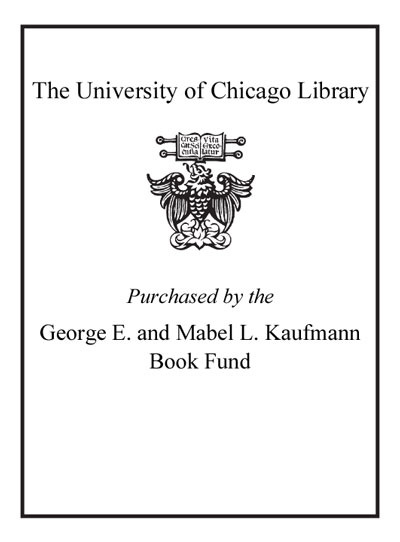Review by Kirkus Book Review
Memoir of growing up female in the male-dominated Korean culture of the 1960s and '70s. Lee's grim book borrows its title from a myth that one of her grandmothersmany greats removedsacrificed herself to be eaten alive by a tiger in exchange for her descendents' prosperity. The author grew up feeling equally constrained, as if she had been swallowed, oppressed by gross gender inequality and verbal abuse. Lee (English/Middle Tennessee State Univ.; From the Promised Land to Home: Trajectories of Selfhood in Asian-American Women's Autobiography, 1998) structures the narrative chronologically, beginning with her memories of early life in Taegu, where her family struggled to make ends meet. Lee also had close brushes with violence, both in and outside of her home, and once witnessed a group of boys stoning an abandoned baby to death. Filled with secondhand tales about family members she's never met, the chapters fail to connect with each other. An unsuccessful revolutionary, her embittered, tyrannical father was obsessed with replacing the dynasty with a republic, spewing invective toward the United States and scathing disregard toward women. In at attempt to "surpass Mother and Grandmother in self-denial," Lee beginning starving herself from a young age. She regretted not having been born a boy and did poorly in school. In 1969 the beleaguered family moved to Seoul, and Lee cuts back and forth between rough-hewn descriptions of their domestic life, including her sister's joyless marriage to a man chosen by their father, and her views on the country's government, Christianity, socialist feminists and the educational system. In 1980, after graduating from college, she moved to New York, becoming a U.S. citizen in 1989. A bleak, disappointingly facile portrait. Copyright Kirkus Reviews, used with permission.
Copyright (c) Kirkus Reviews, used with permission.
Review by Kirkus Book Review

